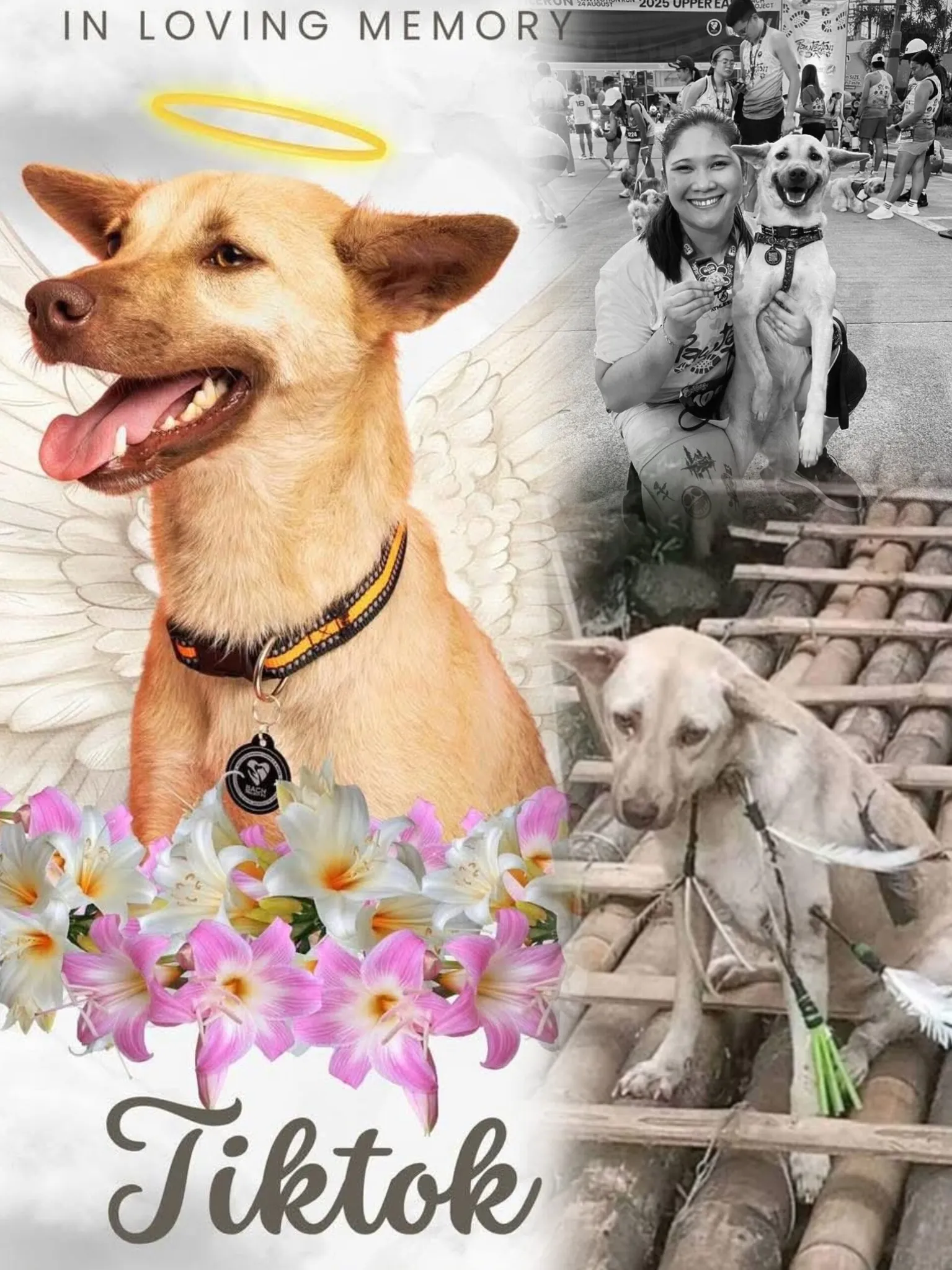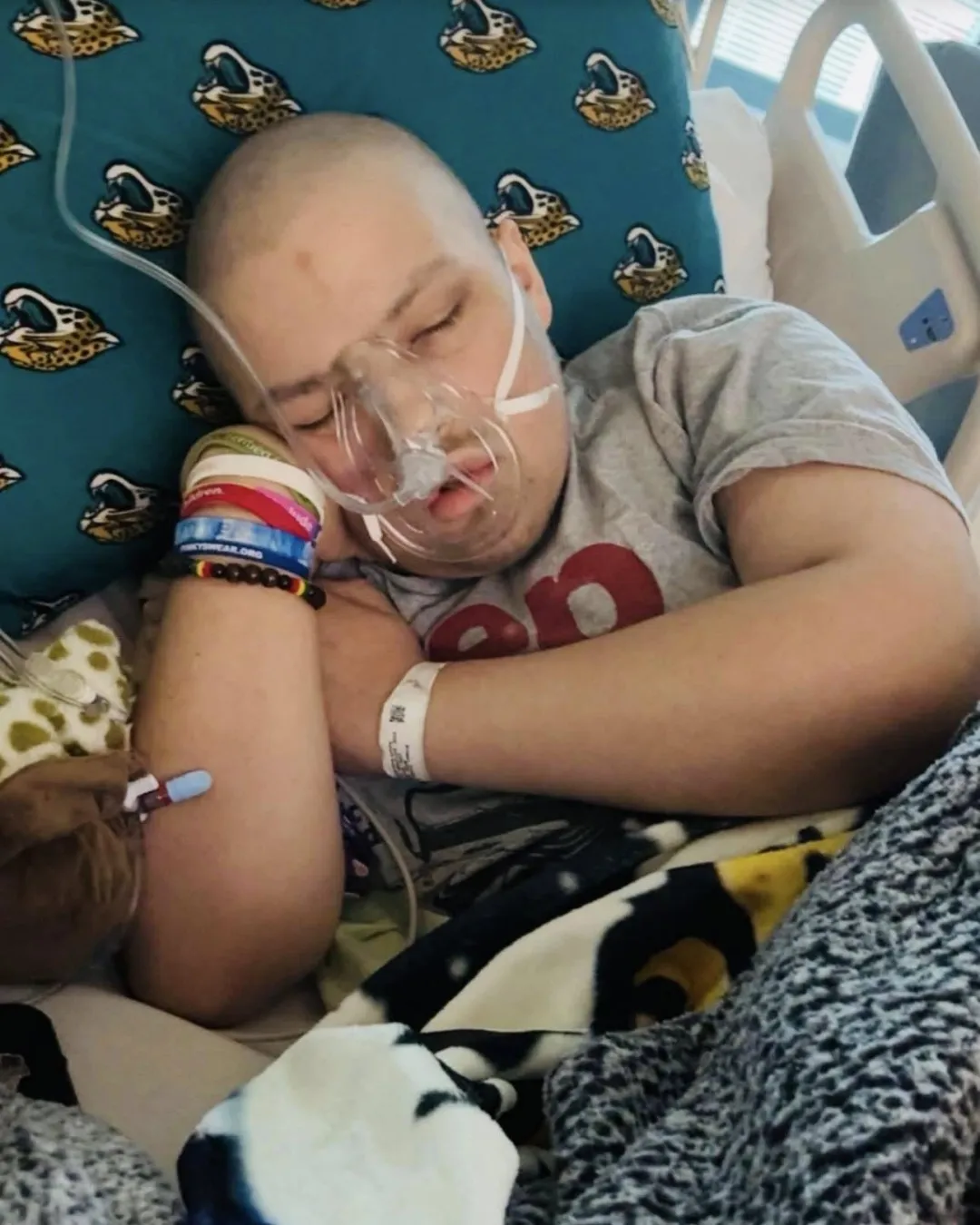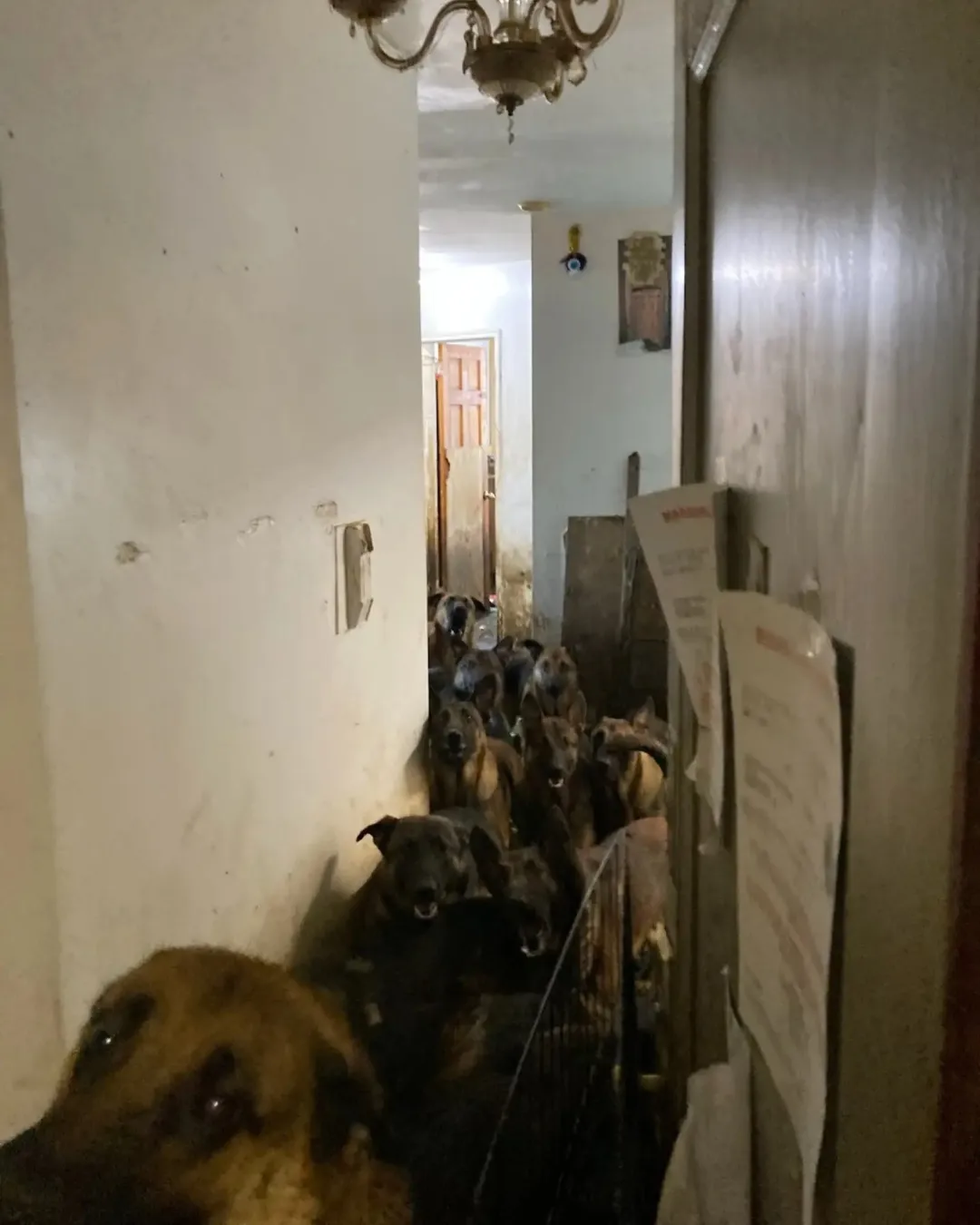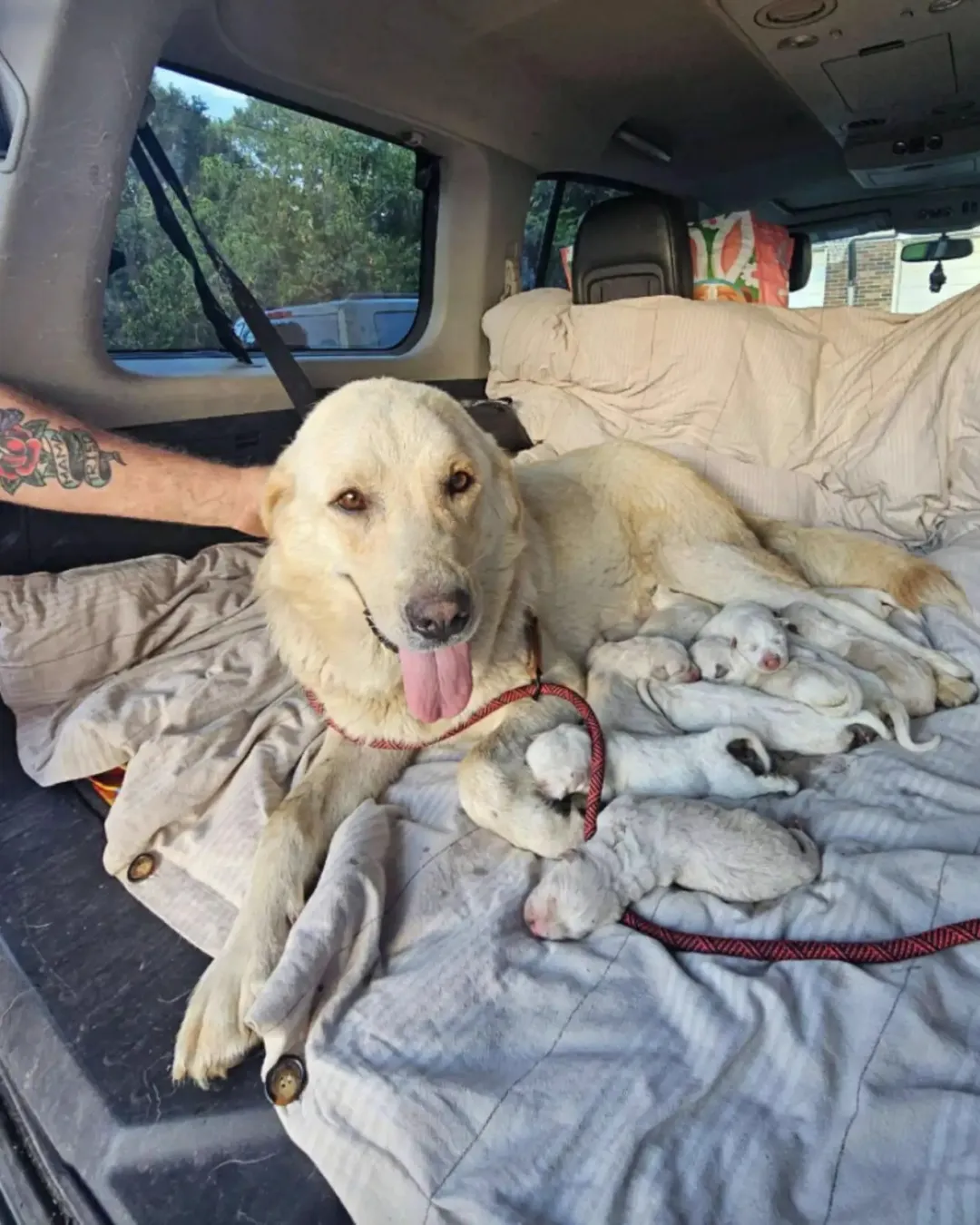Be Kind, Always: A Lesson From Esther’s Army of Love 905

“Be kind always, for everyone you meet is fighting a battle.” Few sayings are as simple and as profoundly true as this one.
Many of us first came to Esther’s Army of Love because of our devotion to animals. That love unites us—it gives us a cause to rally behind, a reason to push through exhaustion, and a sense of family across miles and borders. Yet the essence of that love cannot stop with animals alone. It must extend to the humans we encounter every single day.
In rescue, in advocacy, or in daily life, disagreements are inevitable. Fellow rescuers may not see things the way we do. Friends or family may not yet have “made the connection.” Strangers may resist the truth we try to share. And in those moments, it is tempting to let frustration harden into judgment.
But kindness asks more of us.
When we choose an Esther-approved life—vegetarian, vegan, or simply more compassionate—we sometimes forget how recent our own transformation was. We look back and wonder why others can’t see what feels so obvious now. But, as Steve once reminded us at a VegFest in Raleigh, North Carolina, “Never forget that the person you are trying to change is the very person YOU were not long ago.”

That sentence matters. It is a mirror. It invites us to see ourselves not as enlightened crusaders standing above others, but as fellow travelers who once stood in the very place they do now.
Judgment rarely inspires change. If anything, it drives people further away. But kindness? Kindness opens doors.
Think about your own journey. Did someone berate you into change? Or did someone’s compassion, patience, and love inspire you? For most of us, it was the latter. It was a friend who gently shared a story. A rescuer who showed us a rescued animal’s joy. A book or video presented without shame but with hope. Those moments planted seeds, and kindness gave them room to grow.
Every time we show grace instead of judgment, we repeat that cycle. Every time we pause before criticizing and choose encouragement instead, we create space for hearts to soften.

This does not mean silence in the face of cruelty. Advocacy remains essential. Animals cannot speak for themselves, and our voices matter. But the way we speak—our tone, our intent, our compassion—can make the difference between closing someone’s ears and opening their heart.
We live in a world heavy with strife, division, and negativity. People argue fiercely online. They cancel one another for missteps. They forget that behind every disagreement is a human soul, fighting battles unseen. In such a climate, kindness becomes radical. To extend patience when anger feels easier, to offer empathy when judgment feels deserved—that is the true strength of Esther’s Army of Love.
Imagine a rescuer who disagrees with you. You could respond with harsh words. Or you could pause, listen, and look for common ground. Which response plants more seeds for unity?
Imagine a family member who still eats meat. You could scold them. Or you could invite them to share a delicious plant-based meal without judgment. Which approach builds curiosity instead of resistance?

Imagine a stranger who dismisses your efforts. You could walk away bitter. Or you could smile and wish them well, knowing kindness sometimes lingers longer than facts. Which path leaves the door open for tomorrow?
Kindness doesn’t mean weakness. It doesn’t mean ignoring injustice. It means choosing the path that heals instead of the one that wounds. It means remembering that the love we show animals must also flow toward people, even when they frustrate us.
This is not easy. Some days, the world feels exhausting. Some conversations feel endless. Some people seem unwilling to change. But those are the moments when kindness matters most. Because kindness isn’t earned—it’s given. And in giving it, we live out the very values we claim to fight for.
Our community is called the Army of Love for a reason. Love is not passive. It is active, intentional, and sometimes difficult. But it is also transformative. A kind word can soften anger. A gentle gesture can disarm hostility. A patient smile can make someone curious instead of defensive.
The truth is, every human being is carrying burdens we cannot see. Some are fighting loneliness. Some are struggling with grief. Some are lost in fear. When we meet them with kindness, we meet them where they are. We say, “You are not alone. You are worthy of grace, just as I was when I stood in your shoes.”
Kindness has a ripple effect. One act inspires another, and soon waves of compassion spread farther than we can measure. A stranger treated gently today may become tomorrow’s ally for animals. A friend who feels loved instead of judged may one day join you in your journey. A rescuer respected despite differences may stand with you in the future when unity matters most.
So let us keep kindness at the center. Let us speak truth boldly but with gentleness. Let us remember that change takes time, and that the seeds we plant today may not bloom until years later.
Most of all, let us never forget Steve’s words: “Be kind… be kind… please be kind to one another.”
Because kindness is not just a virtue. It is the bridge between hearts. It is the path to change. It is the legacy Esther herself would want us to carry.
And in a world that so desperately needs healing, kindness may be the most powerful gift we have to give.
Amen. ❤️
The Nicholas Effect: How a Seven-Year-Old Boy Gave Life to Strangers and Inspired a Nation ❤️ 752
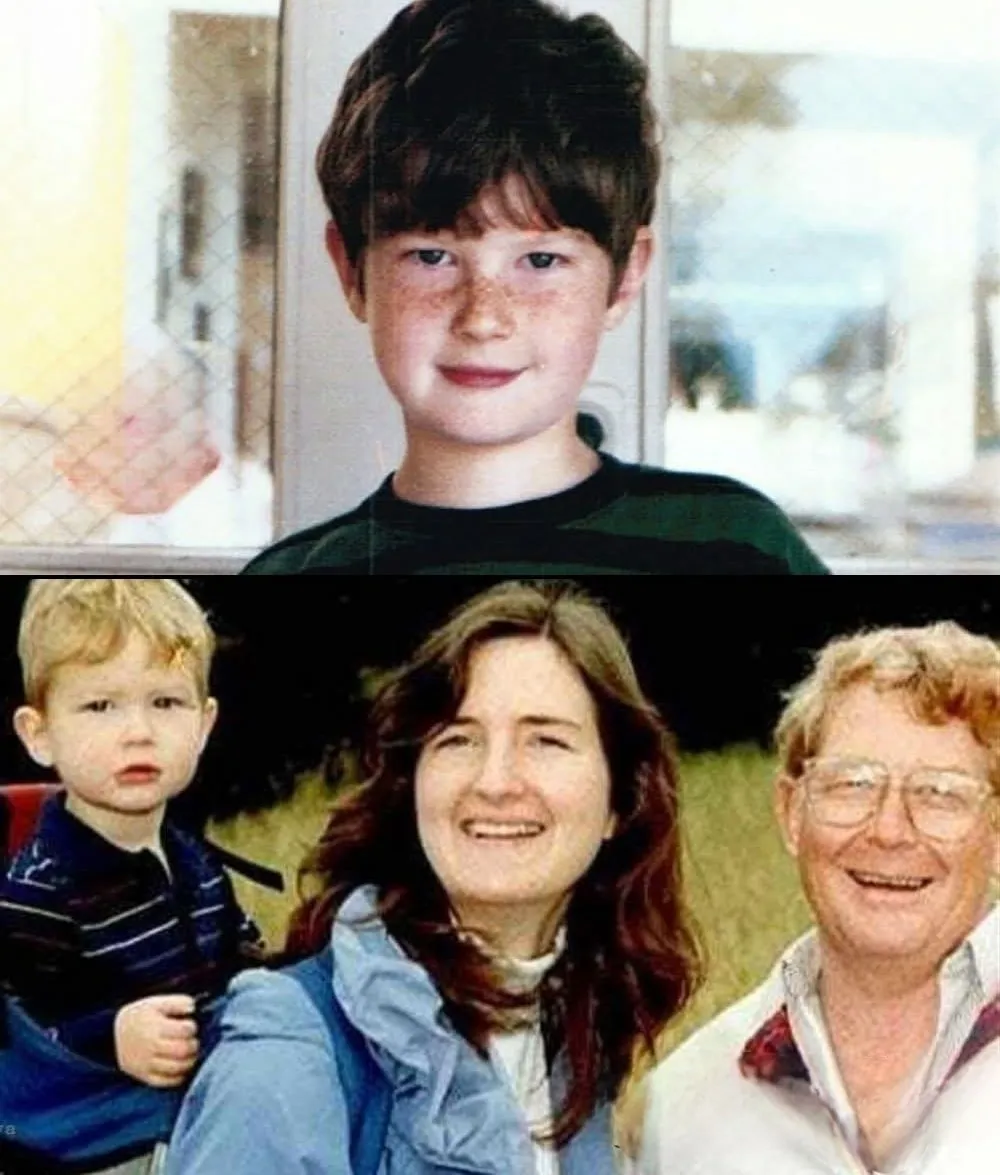

It was September 29, 1994—a day that began like any other for the Green family, an American family on vacation in Italy. Reginald and Maggie Green were driving along the winding Salerno–Reggio Calabria highway with their two children: Eleanor, age 7, and Nicholas, also just 7 years old.
They were on a carefree trip, enjoying the sights of southern Italy, the laughter of children, and the sense of adventure that comes with exploring a new country. But in an instant, joy turned to horror. Another car pulled up beside them, and what had seemed like a normal moment erupted into violence. Gunshots tore through the night, shattering the calm of their vacation. One bullet struck Nicholas in the head.
Chaos, pain, and fear enveloped the family. Doctors fought tirelessly to save him, but despite their best efforts, after agonizing days of uncertainty, Nicholas was declared brain-dead.

For Reginald and Maggie Green, the world collapsed. No parent should ever have to bury a child. The weight of grief was unimaginable—a sorrow that knows no bounds, no comfort, no reprieve. Yet, in that unimaginable darkness, the Greens made a decision that would transform tragedy into hope. They chose to donate Nicholas’ organs.
It was an act of profound courage and selflessness. In the midst of unbearable pain, they saw the possibility of life beyond death. Nicholas’ short life could continue to touch the world, even if he could not. And so, a seven-year-old boy who had known only the joys of early childhood became the vessel through which hope and healing would flow.
The impact was immediate and astonishing. Seven strangers received the gift of life because of Nicholas. A woman regained her sight and could see the world anew. Two children who had lost mobility were able to run, play, and embrace life in ways they never thought possible. Men and women, who had waited for years in despair for a second chance, received a new heart, a liver, and a kidney. Each of them carried a piece of Nicholas’ spirit, a fragment of a life taken too soon, yet now reborn in the vitality of others.
In the months and years that followed, the “Nicholas Effect” rippled through Italy. Organ donation awareness soared. Families who had once been reluctant to make such decisions began to see the profound impact that a single, selfless choice could have. Schools, squares, and parks were named after Nicholas, a reminder to the nation that generosity and courage can spring from even the smallest of hearts.
Nicholas’ story became more than a tale of loss—it became a symbol of life, love, and the power of goodness to endure. He was remembered not for the bullet that ended his life, but for the heartbeats, breaths, and futures he gave to others. Each transplant recipient became a living tribute to his courage, a daily reminder of the extraordinary power of generosity, even in the face of unimaginable grief.

In classrooms across Italy, children learned about Nicholas and the impact of organ donation. In hospitals, families who faced similar tragedies found inspiration in the Green family’s choice. Nicholas’ name became synonymous with hope—a reminder that even in the darkest moments, life can be renewed through the compassion of others.
For Reginald and Maggie, the pain of loss never disappeared. But through their decision, their son’s legacy transformed their grief into something enduring. Their heartbreak became a force for good, touching the lives of strangers who would never have met Nicholas otherwise. It was a testament to the idea that even in the depths of sorrow, love can find a way to blossom, and life can continue in forms we never could have imagined.
Nicholas was only seven years old. Yet, in his death, he gave life to many. He became a symbol of hope, courage, and the enduring impact of selflessness. His story continues to inspire parents, children, and strangers alike. The “Nicholas Effect” lives on, a reminder that even the smallest hearts can leave the largest legacies.
Every heartbeat that Nicholas’ organs sustain is a continuation of his life, a testament to the fact that goodness, even when born in tragedy, can shine brighter than any darkness. From the streets of southern Italy to hospitals across the nation, Nicholas’ gift has transformed lives, created families, and brought light where there was once only grief.
The boy who loved, laughed, and lived for just seven years left behind a future far beyond his time. Through him, others see, walk, breathe, and thrive. The impact of his life—and the courageous decision of his parents—proves that even the most devastating loss can become a beacon of hope.
Nicholas’ story reminds us all that in moments of unimaginable sorrow, there is always a choice. A choice to let grief consume us, or to channel it into something greater. His parents chose the latter. And through that choice, they transformed tragedy into life, pain into hope, and loss into an enduring legacy that will never be forgotten.
In Italy, across the world, and in the hearts of the families who live each day because of him, Nicholas lives on. The “Nicholas Effect” is proof that even the smallest among us, even the youngest, can leave a mark on the world so profound that it echoes across lifetimes.

He was seven years old, and yet his gift continues to grow. Seven lives transformed, countless hearts inspired, and a nation reminded of the power of love and the choice to give. Nicholas’ story is a living testament to courage, hope, and the incredible capacity of human kindness to turn even the deepest sorrow into the most extraordinary good.


